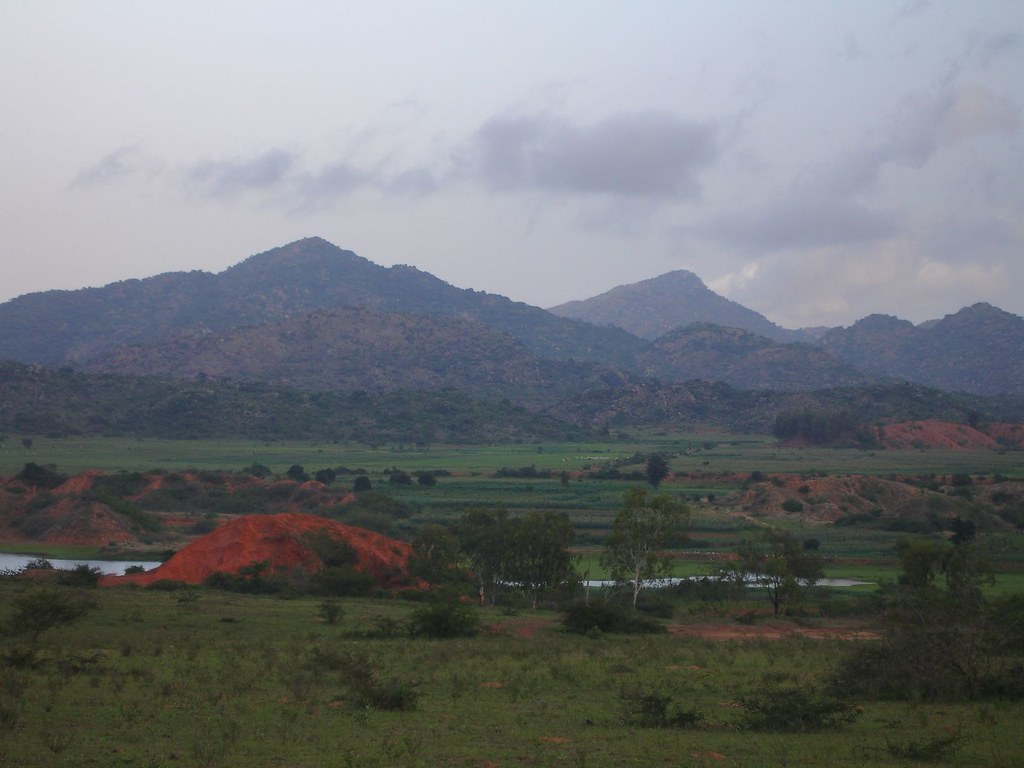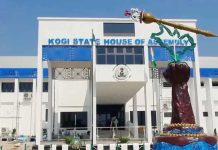Nigeria expects its mining sector to grow to 3% of GDP within the next five years from just 0.3% currently as the government seeks to diversify the economy away from oil, the minister for mines and steel development said on Wednesday.
Nigeria has been trying to boost the sector as part of efforts to diversify its economy. Gold, lead, zinc, limestone and coal are among seven strategic minerals Nigeria has identified for investment.
“We’ve seen steady growth … and we’re now poised for exponential growth as investments start crystallising,” Olamilekan Adegbite told Reuters on the sidelines of the Mining Indaba in Cape Town.
But insufficient geo-spatial data, weak infrastructure and limited enforcement of regulations have held the industry back.
The government’s aim is unrealistic, said Alexandre Raymakers, senior Africa analyst at risk consultancy Verisk Maplecroft.
“Nigeria’s national infrastructure network is currently ill-equipped to sustain major industrial mining operations that would be needed to raise mining’s GDP contribution to that extent,” he said.
Most mining of gold, tin and zinc in Africa’s largest economy is carried out on an artisanal basis.
Gold in the northwestern state of Zamfara is routinely smuggled to neighbouring Niger and Togo. The government banned mining in Zamfara last April due to banditry, but aims to lift the ban by end-March.
Foreign miners investing in the country include Australia’s Symbol Mining, developing lead and zinc projects in the Benue Trough region, and Toronto-listed Thor Explorations which owns the Segilola gold project north of Lagos.







